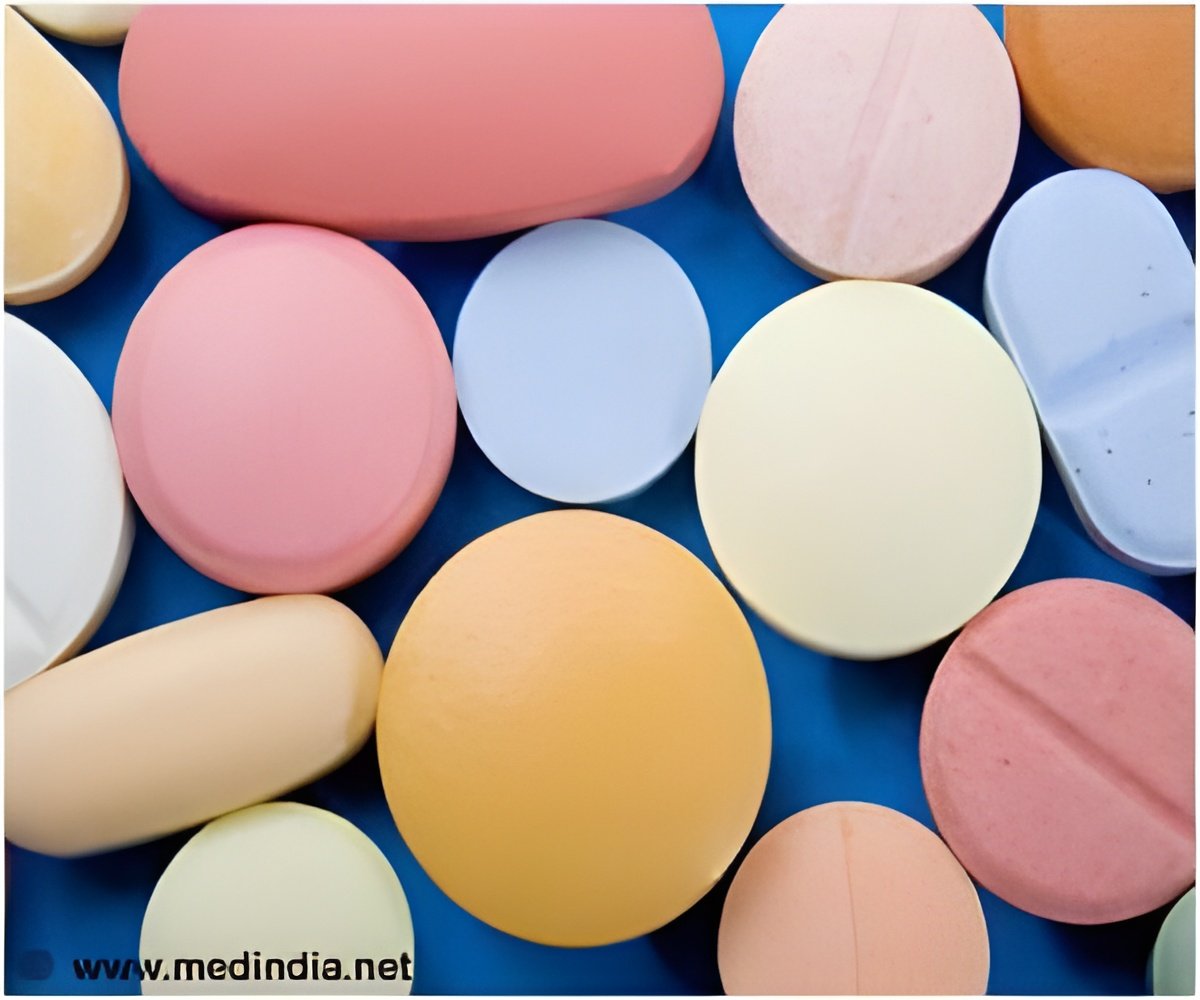Just days before 100 World Health Organisation member states hold their first meeting to discuss the problem comes the call of authors.

Substandard and fake medicines harm and kill patients, write an international group of experts led by Amir Attaran from the University of Ottawa in Canada, with the help of the World Federation of Public Health Associations, International Pharmaceutical Federation and the International Council of Nurses.
In poor countries, the World Health Organisation estimates that over 10% of medicines may be "counterfeit" and, although medicine safety is better in rich countries, fake drugs still cause thousands of adverse reactions and some deaths. In the European Union medicines are now the leading illegitimate product seized at the border, increasing 700% from 2010 to 2011.
Yet despite years of debate, no agreement on how best to tackle this scandal has been reached, they argue.
They say that progress on the twin challenges of safeguarding the quality of genuine medicine and criminalising falsified ones "has been held back by controversy over intellectual property rights and confusion over terms."
They believe that to move forward, several challenges must first be overcome.
Advertisement
"We argue that tackling the challenges of poor quality, unsafe medicines requires a comprehensive global strategy on which all stakeholders agree," say the authors.
Advertisement
They also point out that under today's leading public health treaty – the Framework Convention on Tobacco Control (FCTC) - the law is now tougher on fake tobacco than on fake medicines.
They urge WHO to embark on a similar process to that used to create the FCTC, which they believe "avoids unnecessary controversy and can better enable governments, companies, advocates, and the health professions to protect the public's health."
Source-Eurekalert










